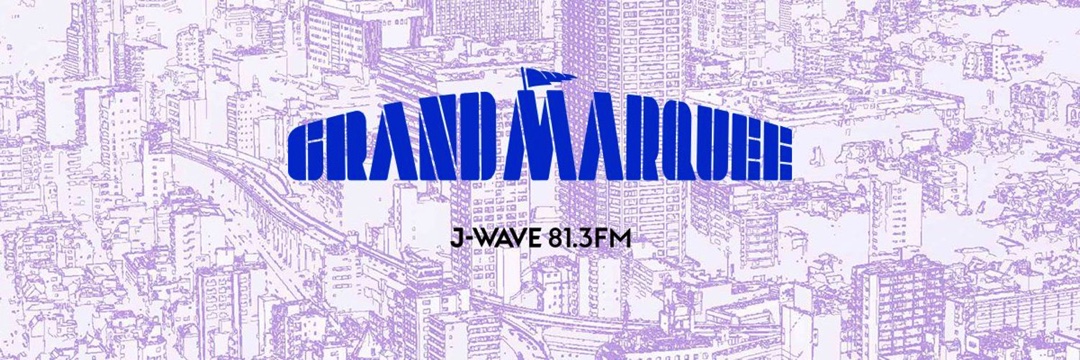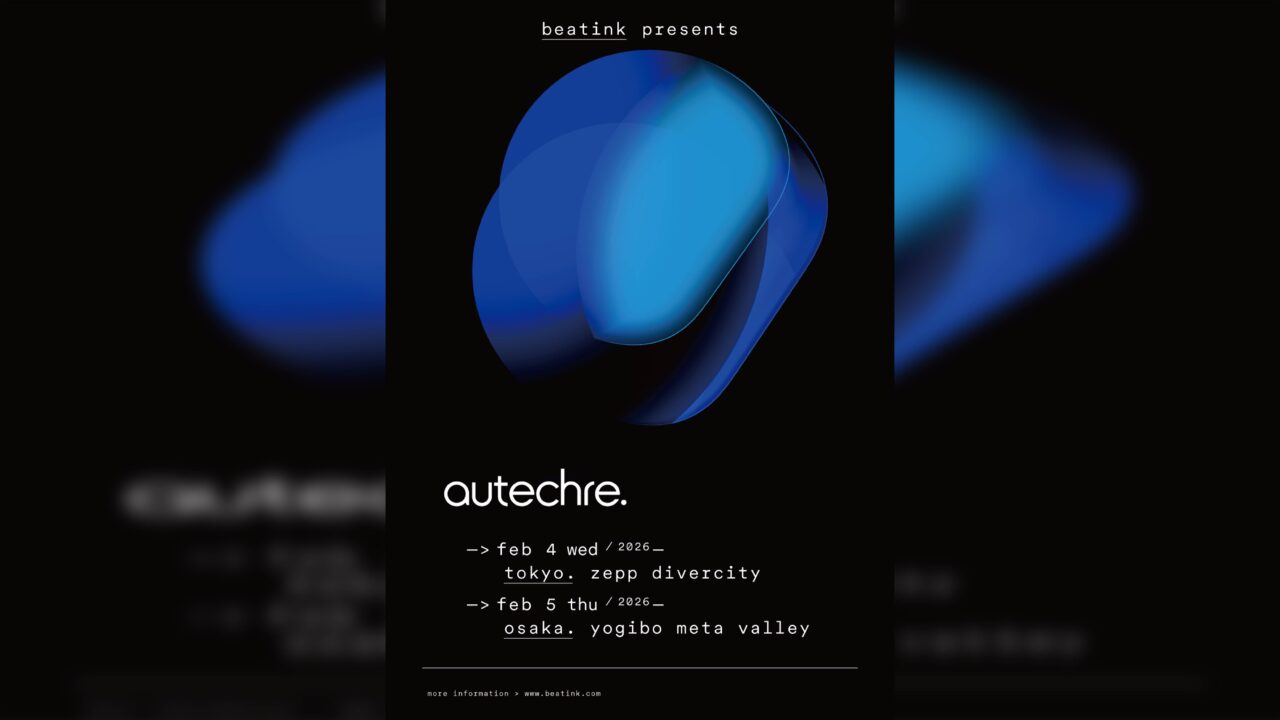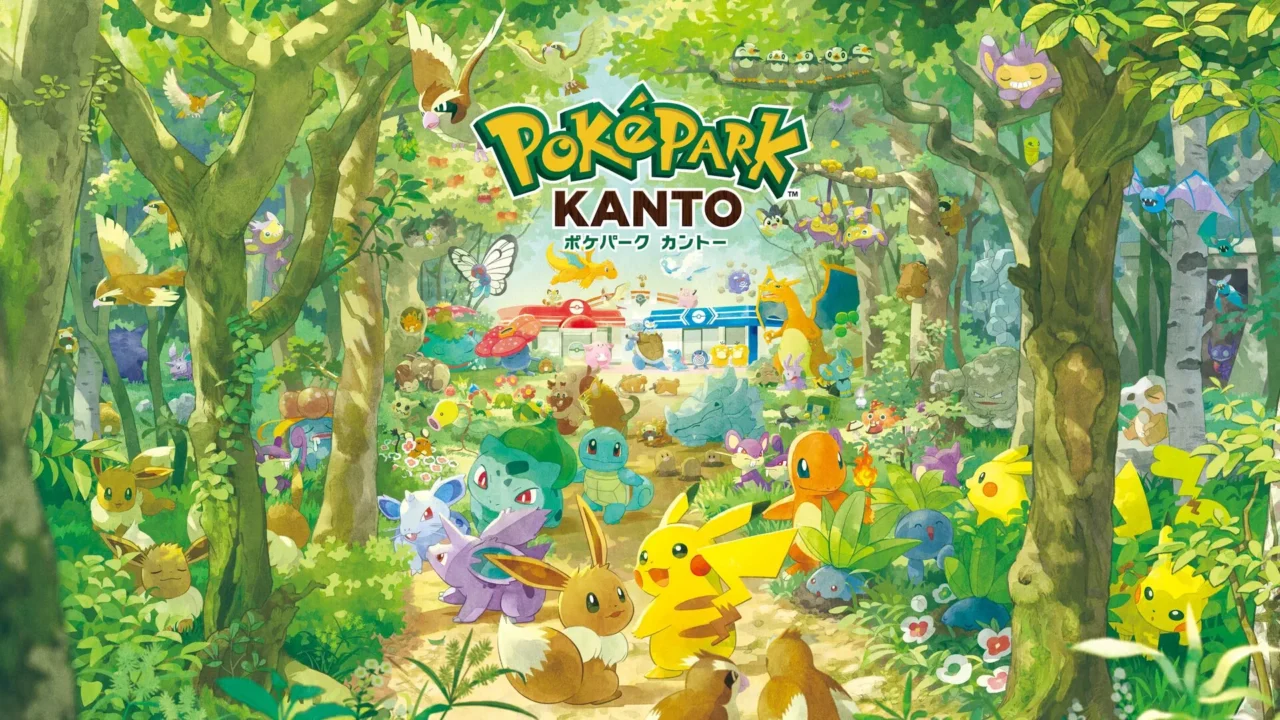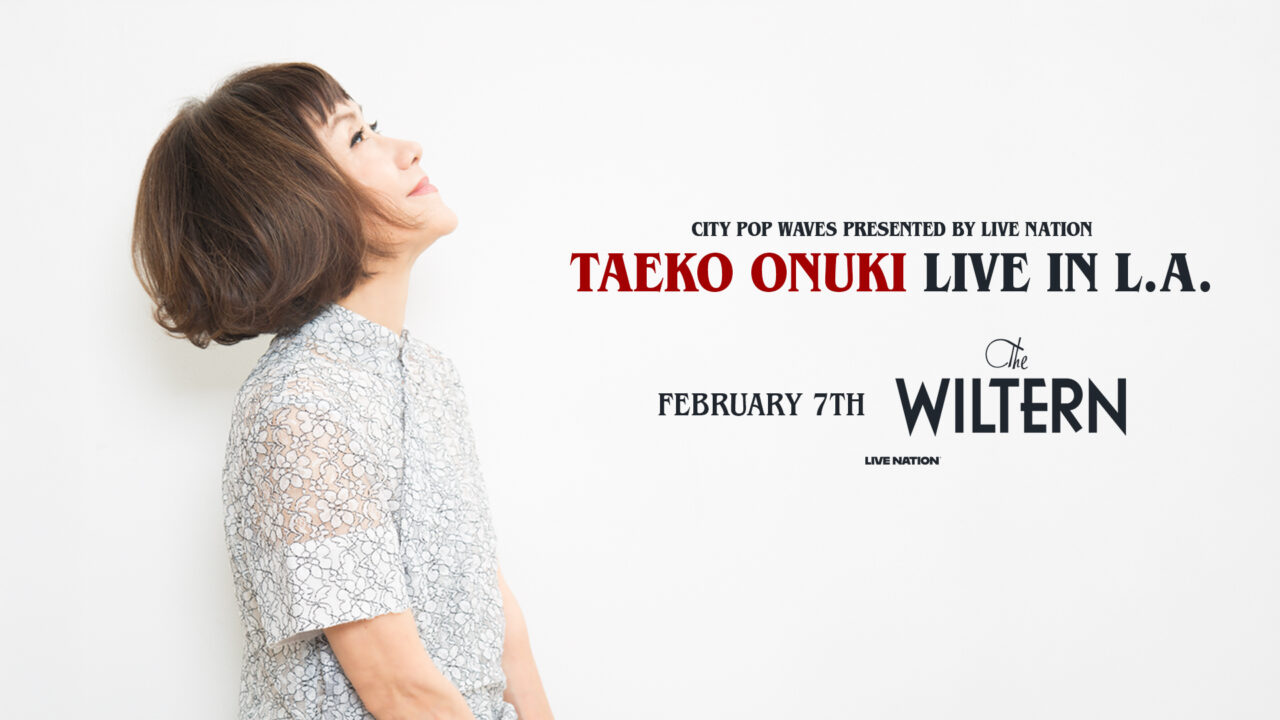The radio program “GRAND MARQUEE,” in its segment “FIST BUMP,” features people living and enjoying Tokyo in a relay format.
On November 13th, Misato Uchibata, the organizer of the Japan-Korea connecting party “Mejakucha Night” and involved in event planning and production for Korean music, made an appearance. We talked about the reasons behind starting “Mejakucha Night” and her current interests in the Korean music scene.
INDEX
The Essence of “Mejakucha Night”: A Bridge Between Japan and Korea
Takano (MC): “Mechakucha Night” is a party that connects Japan and Korea, but what kind of event is it?
Uchihata: It is exactly as the title says. I originally started the party with the idea of gathering female DJs from Korea and Japan, but as I got into it, I came to think that I would like to gather DJs from Japan and Korea, not focusing exclusively on women, but keeping a gender balance in mind. It is a really diverse event in terms of genres: some play techno, some play disco, some play Japanese and Korean songs, some play K-POP, and it is really a mess.
Takano: It sounds like there will be many encounters with new music. What kind of artists did you welcome this year?
Uchihata: We held the event for the first time in August After the coronavirus pandemic, and we invited a Korean record digger called Tiger Disco, who we always invite. He digs a wide range of music, including Japanese songs, Korean songs, and jazz.
Celeina (MC): Is the audience mostly music lovers? Or are there people who like Korean culture, or both?
Uchihata: It’s not a party that specializes in K-pop, so we have people who like clubs and have been digging Korean records like Daehan Rock, and we also have people who just come to have fun as a club party.
Celeina:It’s a mess, in a good way.
Takano: You are Uchihata-san, and you are involved in the production of Korean music events such as “Mechakucha Night”. How did you come into contact with Korean music in the first place?
Uchihata: When I was in my 20s, I was working at LIQUIDROOM in Ebisu, and I happened to see a flyer that had a band called “Wedance” on it that said “from Korea. I was really interested in them, so I went to see them.
Takano: It all started when I happened to hear them at LIQUIDROOM.
Uchihata: I had no prior information about the band, I was just curious about the word “from Korea,” so I went to see them.
Takano: From there, your activities centered on Korean music culture began.
Uchihata: It was a personal thing, but I started doing it.
Takano: Did you have any special encounters during that time?
Uchihata: The biggest encounter I had was with Park Daham. He is a Korean man who runs a label called Helicopter Records, DJs, and organizes projects in Japan. He is such a key person that when you meet Korean artists, they all know Daham. He hasn’t been able to come to Japan very often since Corona, but he used to come to Japan a lot, so I think Japanese kids are familiar with the name Daham.
Celeina:I wonder if our listeners know him, too.
Uchihata: They might be there.
Takano: Have you done any events together?
Uchihata: The first “Mechakucha Night” was held in Seoul, and at that time I asked Daham, “I want to have a party with this kind of concept, so can you introduce me to a Korean DJ?”
Takano: That sounds wonderful.
Uchihata: Thanks to Daham.
INDEX
Exploring the Movement Reviving Popular Music Genre “Ponchak”
Celeina: From your point of view, are there any new movements in the recent Korean music scene that you are paying attention to?
Uchihata: I can’t really comment on mainstream music, but I think it is interesting that 250 (Lee Ho-hyeong), who produces music for NewJeans, has a solo career in addition to producing music, and his concept is the Korean popular music “Ppongjjak”.
Takano: Long distance drivers and such listen to it.
Uchihata: Yes, they do. You know it well.
Celeina: We talked a little about this topic before.
Takano: I also like listening to Mr. 250’s solo.
Uchihata: It’s great, isn’t it?
Takano:You have very good taste. It’s like you paid attention to that.
Uchihata: Ppongjjak, or when it comes to songs, it changes to the word “trot,” but there is a nostalgia and a bit of cheesiness in the underlying “pong,” the emotional part of the music. There have been artists who have updated Ppongjjak in a modern way, but 250 took the cheesiness and what he’ve heard and took it straight to the heart and reconstructed it in a solo album.
Ppongjjak is getting more and more kids mixing it with DJs in the underground scene, like the one I visit a lot. The mainstream scene, led by 250, is reinterpreting music that they heard when they were young and didn’t take it seriously, or that they thought was too commonplace to pick up now. In the underground, there is a girl named Techno gaksuli who is working on a kind of music that combines techno and ponchak.
Celeina: Techno✕Ppongjjak.
Takano: I’m curious about that.
Uchihata: I think that is one of the movements.
Takano: I heard that you have prepared a song for Techno gaksuli, and I would like to listen to it. May I ask Ms. Uchihata to introduce the song?
Uchihata:Then please listen to “Jjam-bbong” by Techno gaksuli.
INDEX
The Current Location of the Japanese and Korean Club Scenes and its Intention
Celeina:Ms. Uchihata, you have a physical release by Techno gaksuli.
Uchihata: It is a USB. In Korea, there is a culture called “Ppongjjak machine,” which is a small music player that allows you to listen to Ppongjjak, and you plug in a USB with hundreds of songs on it. She respects it and releases her own music on a USB, which is a very cool thing to do.

Takano: Very stylish.
Celeina: There are also things like bromide cards in it.
Takano:Like a killer card.
Uchihata: It’s a bromide of the person himself. It is available in Japan, so please buy it.
Celeina: In Japan, CDs are still sold, but in Korea, is digital distribution the mainstream?
Uchihata: With K-pop idols, they show their designs in photo books and other perks, so there are physical sales of CDs and photo books as a set. However, in the underground scene that I often visit, records are almost never pressed, and only a few CDs are released on a made-to-order basis.
Takano: That is an interesting difference. Do local musicians want to play live in Japan?
Uchihata: I am often told that they want to do it but don’t know how. There are many who want to do it, but they don’t speak Japanese or know anyone in Japan, so many of them are worried that they don’t know what kind of place they can do it.
Takano: So from an artist’s point of view, Mr. Uchihata is a very helpful person. What did you feel again after creating a place where music from Japan and Korea can interact?
Uchihata: The percentage of “Mechakucha Night” events held in Japan is larger than those held in Korea, but we often receive comments from customers that they enjoy the music as fans because they have heard it on the Internet, but they have never had the opportunity to actually see it live, so they are glad to have it in Japan.
I also feel that by connecting offline and locally, rather than online, we are able to clarify things that were not visible to each other in terms of the club scene and music. I have come to understand that this is why they are doing this kind of music, and that this kind of music is popular because of this kind of sound pressure, and so on.
Takano: I would love to see Techno gaksuli live.
Celeina: Now, you are introducing your friends to us through “FIST BUMP,” a circle of friends connected by goo touch.
Uchihata: He is a versatile and cute otaku.
Takano: What kind of person is she?
Uchihata: He is a writer, DJ, and loves chronology.
Celeina:He loves chronology?
Takano:I’ll ask him about that tomorrow. Please welcome Panth, a writer, DJ, and lover of chronology.
Celeina: “FIST BUMP” today we have Ms. Misato Uchihata, who is involved in event planning and production of Korean music. Thank you very much.

GRAND MARQUEE

J-WAVE (81.3FM) Mon-Thu 16:00 – 18:50
Navigator: Shinya Takano, Celeina Ann





















